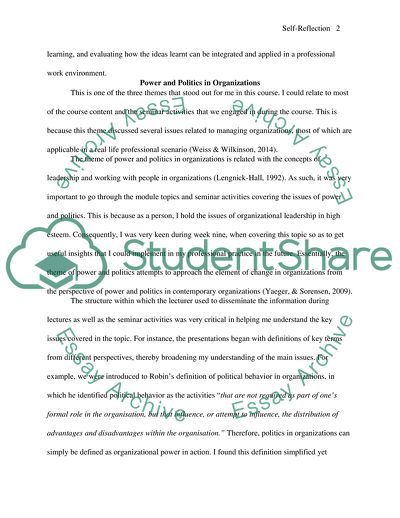Cite this document
(Self reflection 02022 Essay Example | Topics and Well Written Essays - 2500 words, n.d.)
Self reflection 02022 Essay Example | Topics and Well Written Essays - 2500 words. https://studentshare.org/management/1865696-self-reflection-02022
Self reflection 02022 Essay Example | Topics and Well Written Essays - 2500 words. https://studentshare.org/management/1865696-self-reflection-02022
(Self Reflection 02022 Essay Example | Topics and Well Written Essays - 2500 Words)
Self Reflection 02022 Essay Example | Topics and Well Written Essays - 2500 Words. https://studentshare.org/management/1865696-self-reflection-02022.
Self Reflection 02022 Essay Example | Topics and Well Written Essays - 2500 Words. https://studentshare.org/management/1865696-self-reflection-02022.
“Self Reflection 02022 Essay Example | Topics and Well Written Essays - 2500 Words”. https://studentshare.org/management/1865696-self-reflection-02022.


